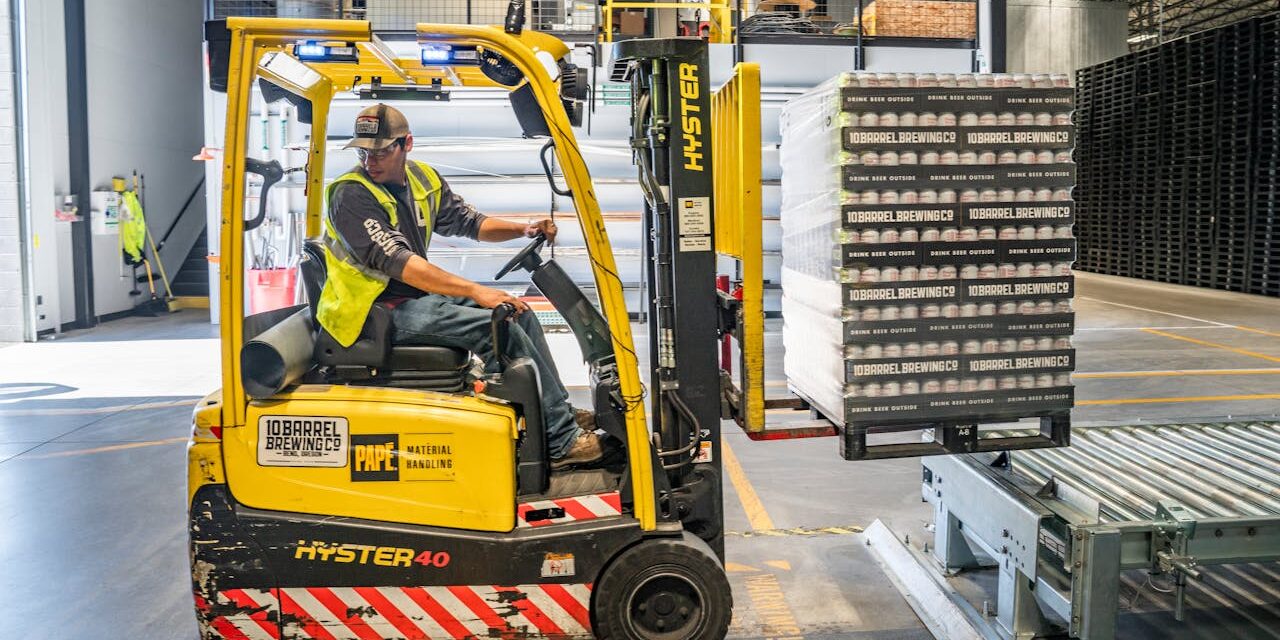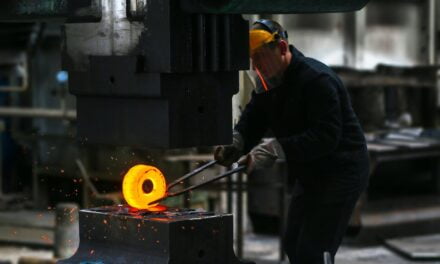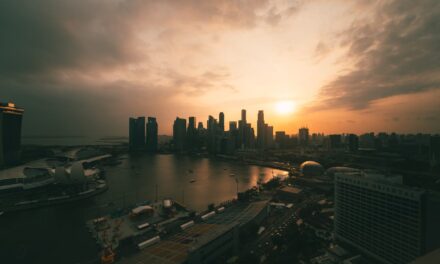Singapore’s private sector continued to expand in February, with employment growing at a record pace and new business at high levels, data showed on Tuesday.
The headline seasonally adjusted S&P Global Singapore Purchasing Manager’s Index, which is a composite single-figure indicator of the private sector’s performance – rose to 56.8 in February. This was compared to 54.7 in January.
Anything below 50.0 signals that the sector contracted during that month, while anything above indicates expansion.
“February’s PMI data showed that growth in Singapore’s private sector remained robust, supported by improvements in demand conditions,” said S&P Global Market Intelligence Economics Associate Director Jingyi Pan in a note.
“Additionally, a record rise in employment levels coupled with renewed growth in purchasing activity reflected confidence among firms for business activity to expand in the near-term.”
12 months of expansion
For 12 months straight, the Singaporean private sector has seen continuous improvement in business conditions, with the latest surge being the quickest since October 2022.
Nevertheless, vendor performance declined in February despite the increase in new business and ongoing labor constraints. This decline was coupled with reports of elevated transportation expenses, which, along with escalating raw material and labor costs, has led to input price inflation reaching its highest point in 12 months.
“One area to watch remains price trends as the latest PMI survey showed that cost pressures have progressively heightened over the past three months,” Pan said.
“This resulted in selling price inflation rising above the series average in the past two months. Elevated price pressures have created concerns among firms over the impact of rising costs on sales, which will be worth monitoring.”
Singapore’s private sector outlook
The rising costs hit the outlook sentiment for the sector.
“The level of business confidence slipped below the series average, however, with anecdotal evidence pointing to concerns over rising costs negatively affecting demand,” S&P Global said.
The last inflation figures, released by Singaporean government arm SingStat in February, showed that the core inflation rate was at 3.1% year-on-year for January. This was below a Reuters forecast which had inflation pegged at 3.6%.
Transport inflation was up 2.3% on the year prior in January, but was 2.1% lower than in the previous month of December.
Brent Crude oil prices have increased by 5.7% over the last month to USD82.48 on Tuesday afternoon. This may be adding some impetus to price pressures over the last month for the Singaporean private sector.
Singapore’s next inflation reading, for February, will be released on March 25.
The S&P Global Singapore PMI is compiled by S&P Global from responses to questionnaires sent to purchasing managers in a panel of around 400 private sector companies. The panel is stratified by detailed sector and company workforce size, based on contributions to GDP. The sectors covered by the survey include manufacturing, construction, wholesale, retail and services.
Survey responses are collected in the second half of each month.







